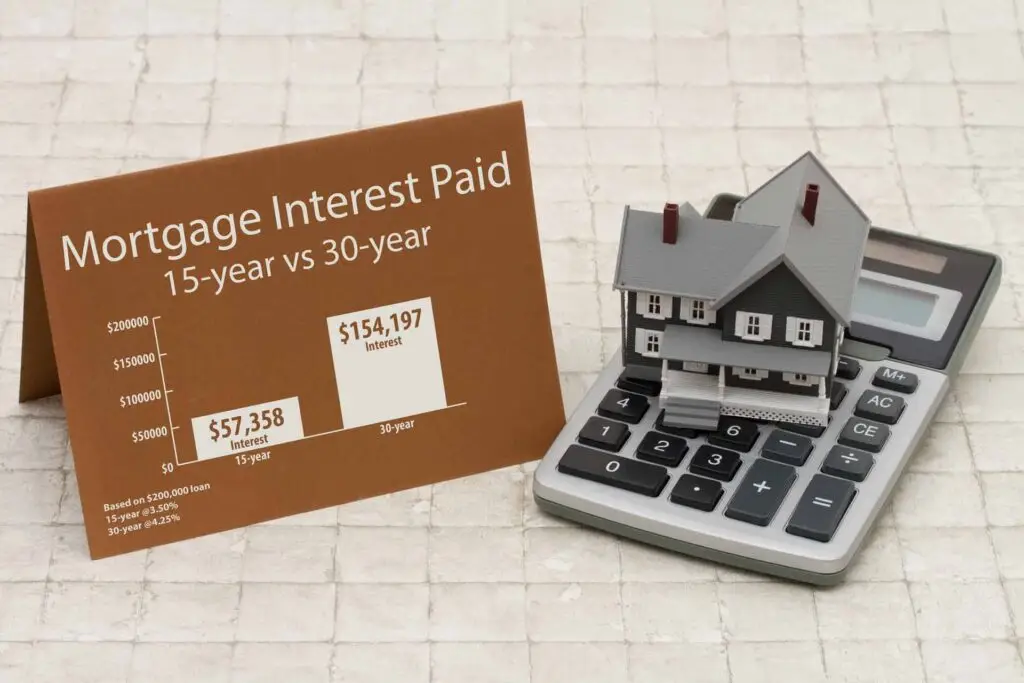Exploring Joint Ventures and Partnerships for Funding Residential Real Estate Projects
For those in the business of investing in residential real estate projects seeking viable options for funding their ventures, joint ventures and partnerships are increasingly being considered as solid choices. Pooling resources from different parties like high-net-worth individuals, real estate investment companies, real estate developers, government entities’, real estate lenders, financial institutions, and others with a common goal is a great collaborative strategy. It offers transparent insights into capital availability and best real estate financing techniques for such investments. In this blog post, we will aim at exploring the pros & cons associated with these strategies, including important considerations during each step of developing an effective blueprint that ensures overall success in the long run. Benefits of Joint Ventures & Partnerships: a) Capital Access Increases: Pooling financial resources from multiple parties focused on a common project. Potential projects become lucrative and larger investments become easier with this type of joint ventures in real estate. b) Skills Diversification: Real estate investors who engage in joint ventures and partnerships stand to benefit from diverse skill sets including varied experiences brought together by the partners. This creates a wider range of solutions for decision-making, problem-solving, and risk mitigation during each phase of project development. c) Shared Risk and Liability: Joint ventures and partnerships spread risk across multiple partners providing some cushion against financial setbacks or market fluctuations. d) Access to Networks and Opportunities: Collaborations expand networks of industry professionals like contractors, agents, and lenders opening doors to new opportunities. e) Alignment of Goals & Vision: Shared vision and compatible goals are crucial; misalignment may lead to conflicts & delays compromising decision-making. f) Clear Roles & Responsibilities: Settling clear roles and responsibilities enhances project execution. Clearly defining each party’s contributions, decision-making authority, and profit distribution is essential. g) Legal Agreements & Documentation: Drafting comprehensive legal agreements protects all parties involved. A successful joint ventures and partnerships agreement highlights terms & conditions, profit-sharing arrangements, dispute-resolution mechanisms, and exit strategies. So, if you are involved in a real estate project, these agreements provide clarity and structure to collaborations. Open communication channels are equally critical for long-term success. Regular meetings foster an environment of transparency and reliance that sets the tone towards cooperation & mutual understanding as joint objectives are achieved together. The process commences with identifying potential partners who share similar real estate funding goals with complementary skill sets & risk tolerance levels needed to accomplish objectives; industry associations, networking events & online platforms can aid in identifying potential partners. Thus, for investors, it is vital to identify a profitable real estate market as well. Also, never ignore to evaluate your prospective partners. Evaluating critical components like financial status/ reputation/track record/values are vital in establishing trust that serves as a foundation for collaboration that yields good results over time. Before signing agreements or contracts, evaluate potential residential real estate projects together as it is an integral step towards success through collaborative efforts. Apart from this, analyse and assess critical factors such as market trends/financial projections/risk assessment/expected returns. Create an intricate blueprint for your proposed project; include details on its scope, timeline, and financial forecasts. Legal Documentation & Agreements: Retain experienced attorneys to create all-inclusive joint venture or partnership agreements covering aspects such as roles, responsibilities, profit-sharing policies, effective conflict resolution mechanisms, and well-defined withdrawal strategies. All stakeholders should fully comprehend the terms before endorsing them. Project Execution & Management: Execute your proposed plan through collective investment in agreed resources. Expertise & capital. Commitment towards communicating regularly, giving progress updates, & making collaborative decisions is critical throughout implementation. f) Profit Distribution & Exit Strategies: Distribute earnings according to established principles as targets are achieved. Have transparent discussions on exit strategies -such as dissolving a partnership, selling the property, or refinancing, &ensure a fair split among partners. Pros of Joint Ventures and Partnerships Greater access to capital – Joint ventures & partnerships grant access to a larger pool of funds, enabling investors to undertake more profitable residential projects. This technique has the best of both private financing and traditional financing. When it comes to joint ventures and partnerships there are some clear benefits. For one thing, collaborating with partners can bring together a variety of skills, experiences, and networks. This creates a powerful synergy that enhances your problem-solving capabilities, creativity, and industry knowledge. Furthermore, sharing resources and responsibilities among partners reduces individual financial burden and risk. By working collectively, project execution gets strengthened. Another potential advantage of partnering with others is that it exposes real estate investors to new networks, industry connections, and potential deals. By expanding your network, you may be open to future investment opportunities or beneficial collaborations. Of course, like any business arrangement, joint ventures and partnerships are not without their drawbacks. One major challenge is effective communication and decision-making processes. Consensus-based decision-making or predefined roles can result in slower processes and potential conflicts. Finally, it should also be noted that your partners may have differing goals or financial expectations which could lead to potential misalignment along the way. Misalignment between stakeholders on a given project has often resulted in conflicts that stall progress towards success. If you are exploring funding opportunities within residential real estate investments, joint ventures, and partnerships present an appealing option by providing greater access to capital resources while also minimizing individual risks through the diversification of multiple stakeholders. Collaborating with other industry professionals opens doors to a broadened network of experts with varied backgrounds. Are you in search of an intelligent investment opportunity that offers long-term financial stability and growth? Our revolutionary real estate investment product empowers you to unlock the potential of this highly profitable market and seize control of your financial future. If you have any inquiries or would like to further discuss any aspect, please feel free to contact our team or schedule a call using the link provided HERE. LEARN TO INVEST WITH US. We accept queries from accredited domestic and foreign investors seeking single and small multifamily investment opportunities. Schedule a Call Follow Us
Exploring Joint Ventures and Partnerships for Funding Residential Real Estate Projects Read More »



